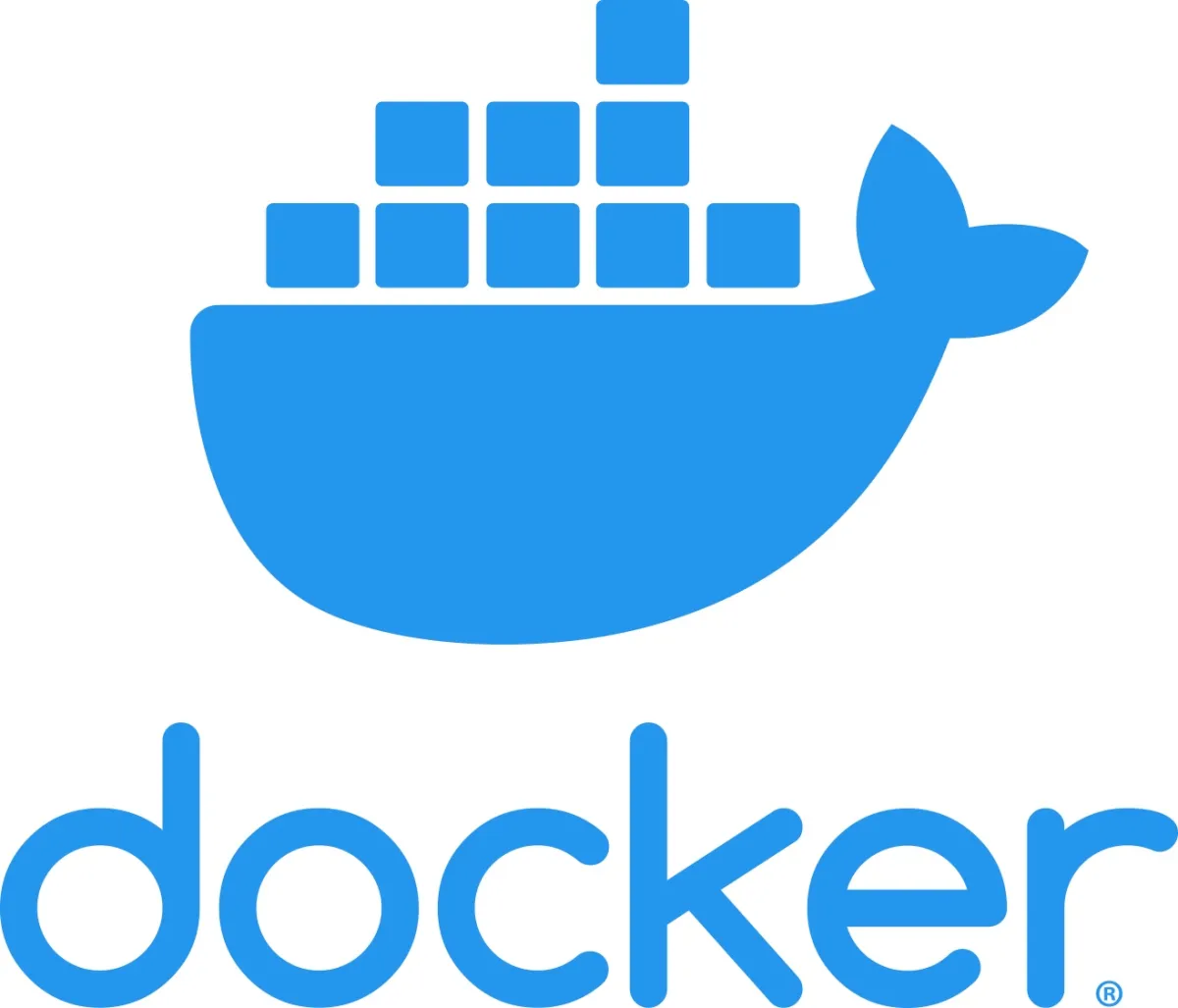Dockerising optical sensors and correctors
Containerised applications can improve modularity when interfacing hardware from different vendors across a variety of machines.
Research themes
Project status
Content navigation
About

Containerised applications can improve modularity when interfacing hardware from different vendors across a variety of machines. For example, different brands of scientific cameras provide a different set of tools and software for configuring the camera settings and reading frames from the camera. Wrapping the camera interfacing software in a Docker container, exposing only the necessary inputs and outputs to the container user, allows an instrument control software developer to build their global applications in a hardware agnostic way. This project aims to containerise (using Docker) a number of scientific cameras and active optical components used in optical systems across AITC.
The learning outcomes for a student undertaking this project are:
-
Proficiency in Docker containerization technology.
-
Understanding of hardware-agnostic software development.
-
Knowledge of scientific camera configuration and control.
-
Collaboration and problem-solving skills in integrating diverse hardware.
-
Familiarity with optical system integration using containerized components.
The applicant should be proficient in Python and C/C++, and experience using Docker is valued.


